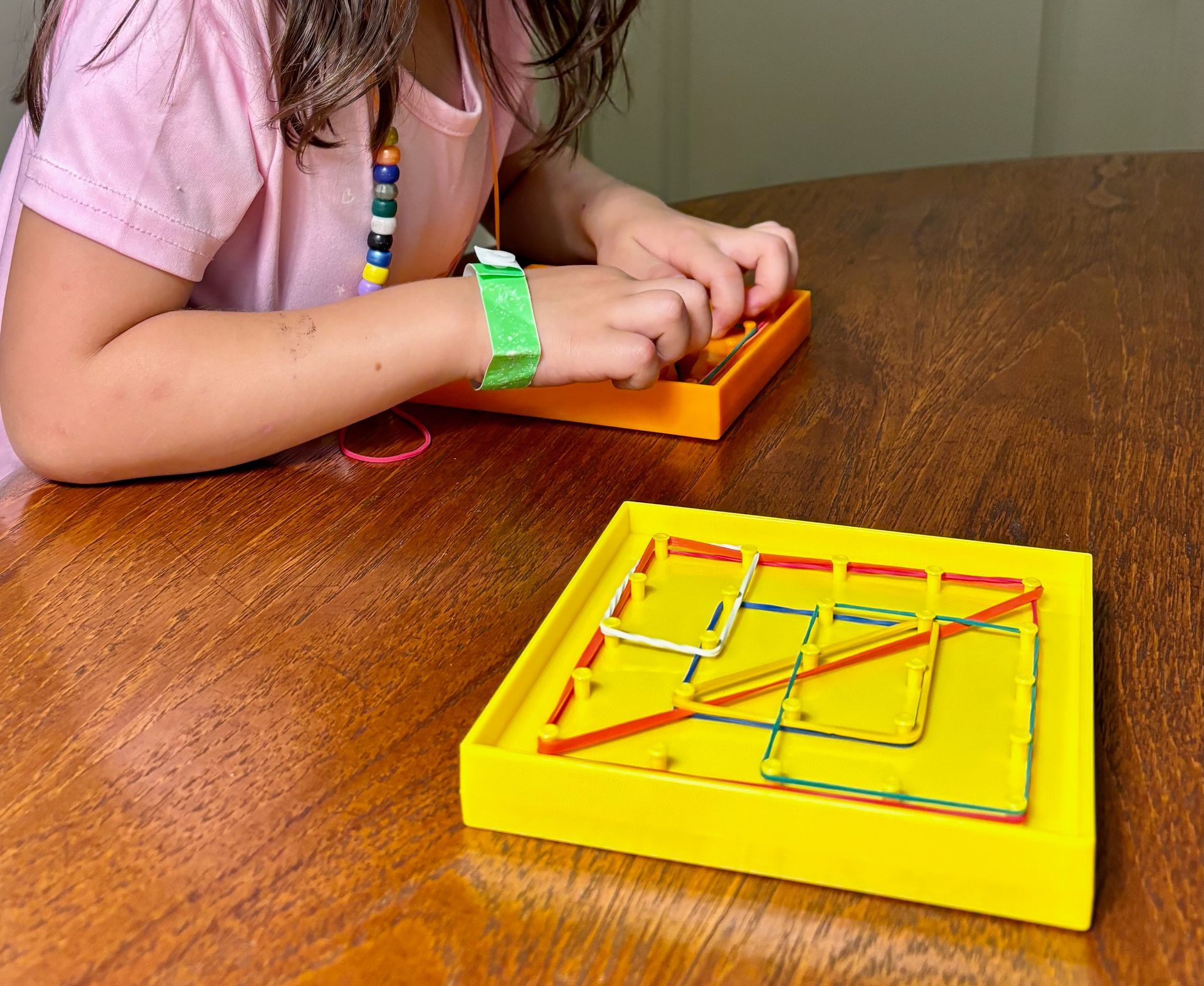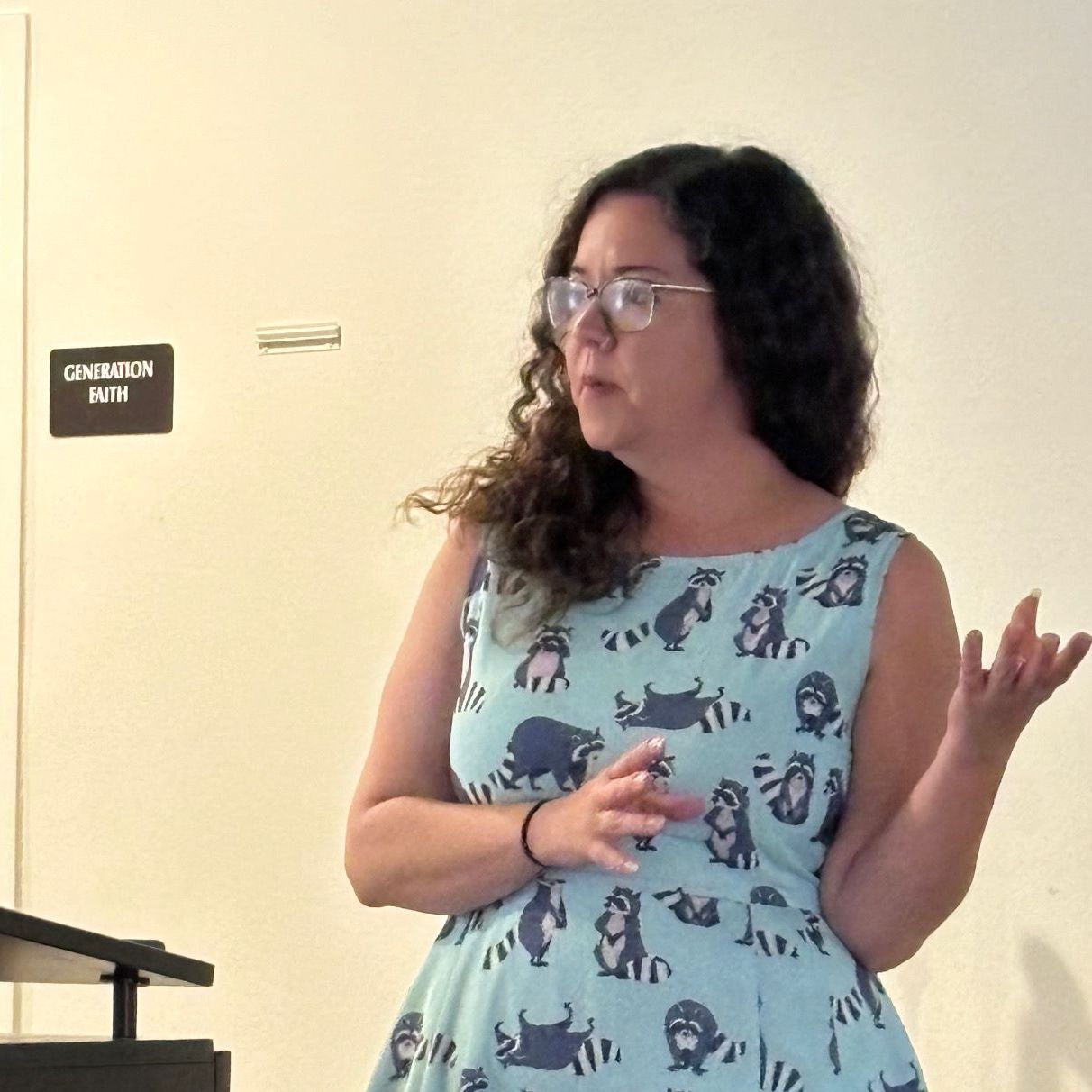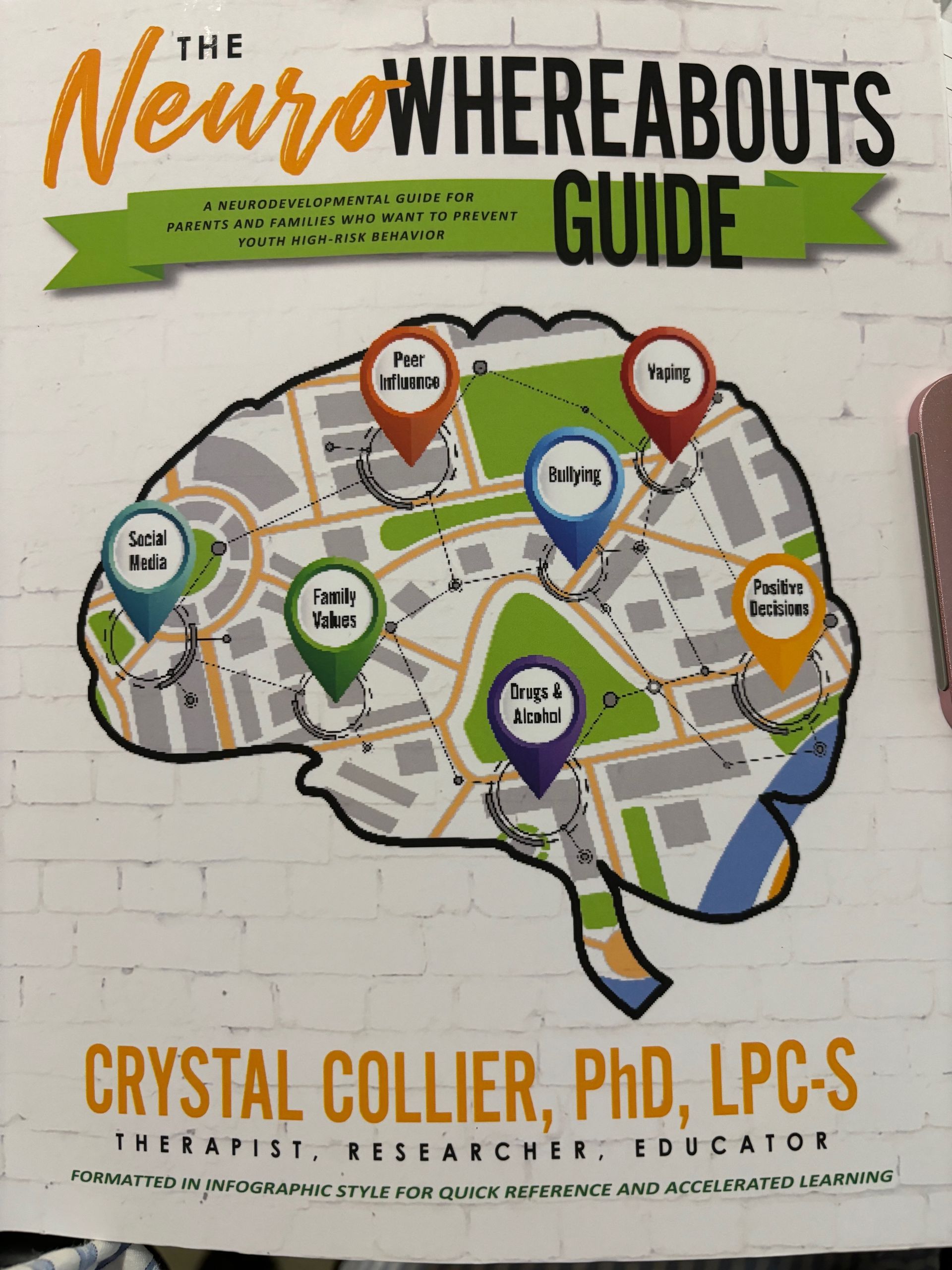
Houston Private School Admission Myths #3
- By Carolyn Means
- •
- 01 Feb, 2018
- •
HOUSTON PRIVATE SCHOOL ADMISSION MYTHS
Real Information Parents Can Use by
Carolyn Means, M.Ed., CEP, Houston’s Day School Consultant
Myth #3: To make sure your child gets accepted to a school, make a big donation.
Parent: “I hear that if we want our daughter in our first choice school, we need to make a big donation. Should we give $10,000 or $50,000?”
Myth #3: The Truth: The truth is that parents should not make donations to schools they apply to. This can put the school in the embarrassing position of returning the donation, accepting it and not accepting your child, or being talked about as the school “where money gets your kid in”. The only exception to this rule is if the parents already have a relationship with the school as alumni or as parents of a current or former student. It would be appropriate for these parents to donate at their typical level to the annual fund, for example. Many Houston schools have an abundant supply of wealthy parents in their applicant pools, and money is not going to influence the admission committee. Schools have learned hard lessons from admitting unqualified students based on the parents’ potential to generously support a capital campaign. Always remember, the focus of the admission process is the student, not the parent’s bank account. There are many ways that a school can discover the potential financial support of an applicant’s parents, so save your donations until your child is enrolled.
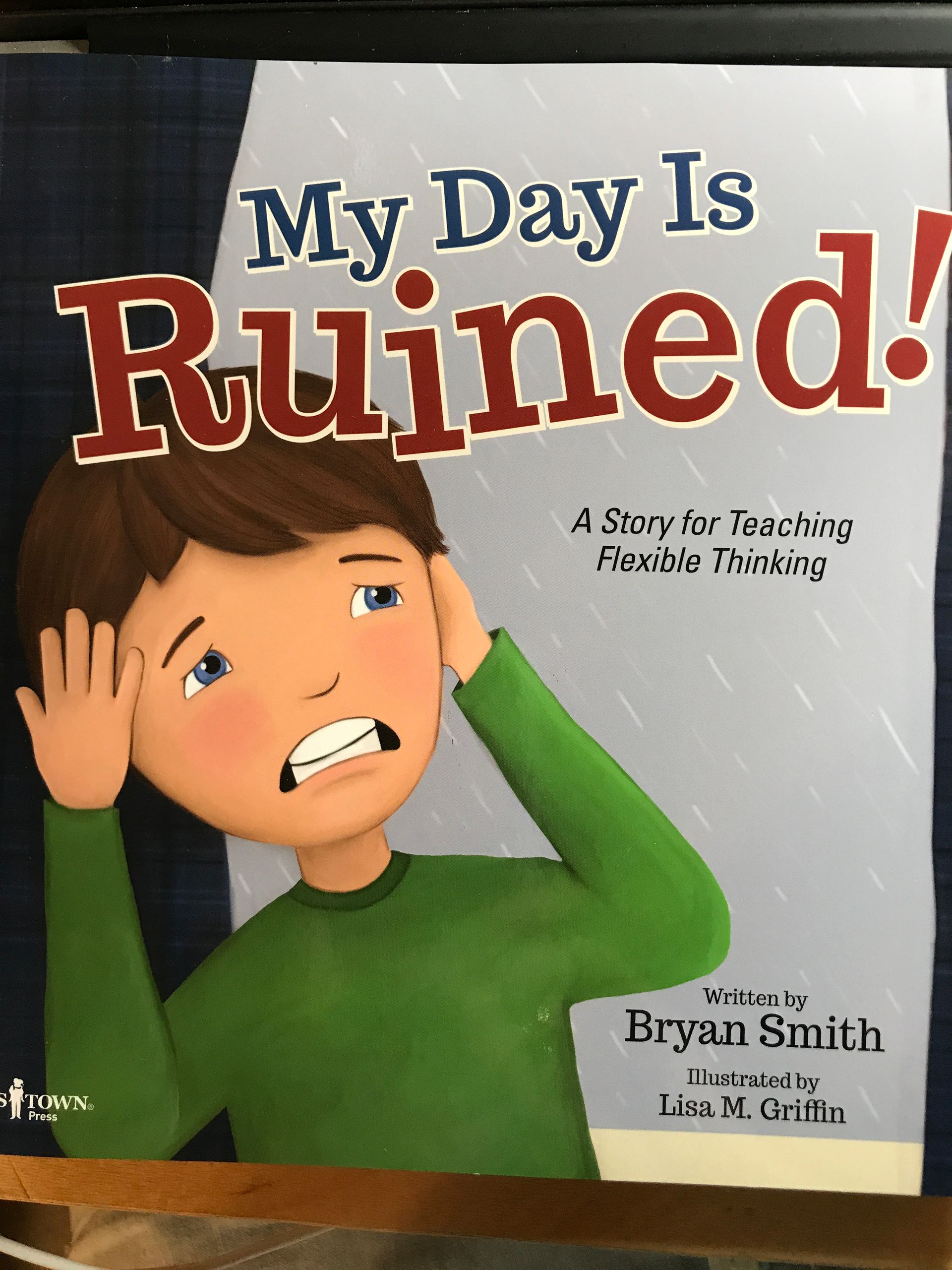
|
|
|


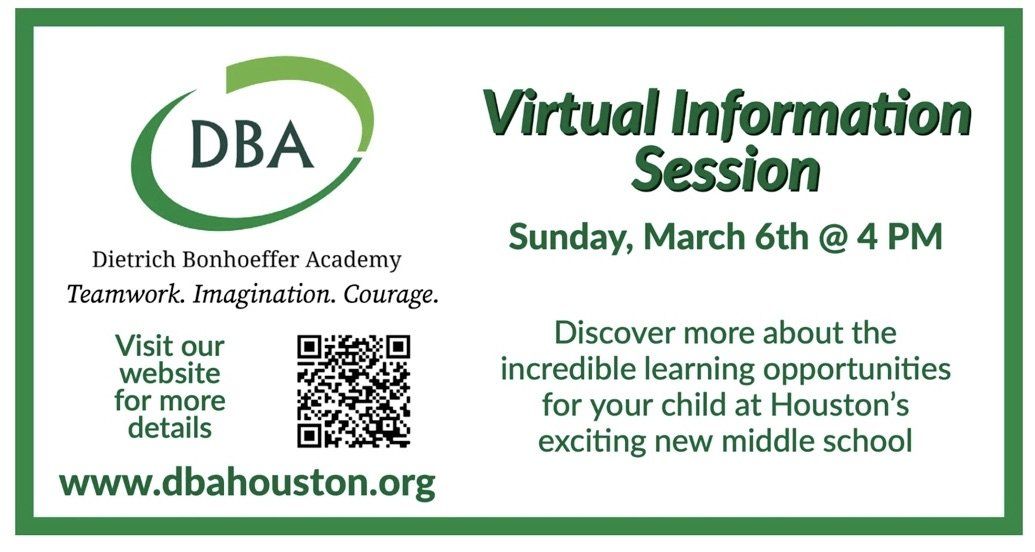
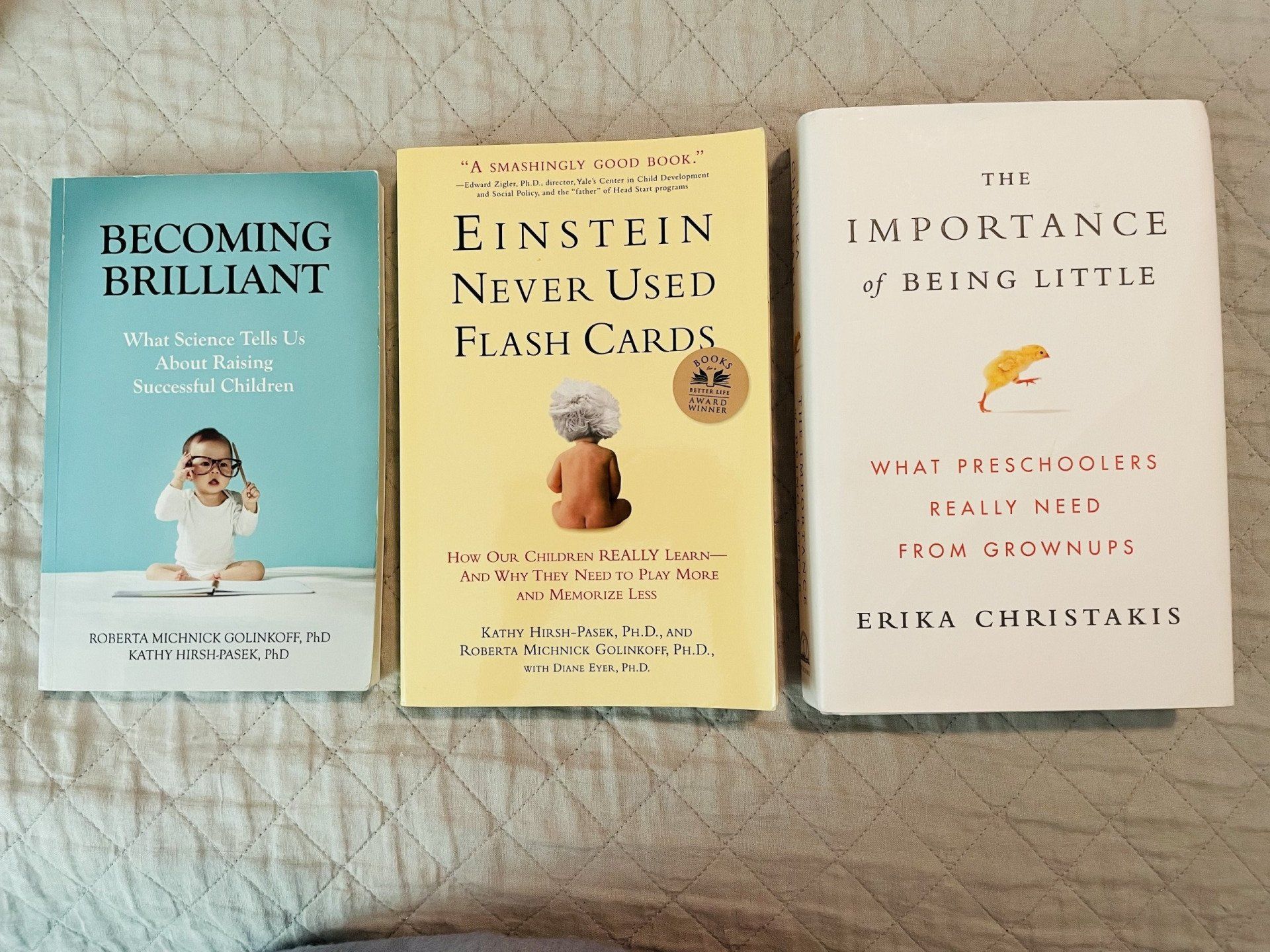
After all of the hard work of getting our students back into school and establishing a new normal under the cloud of the virus, we find our schools once again in the throes of indecision regarding in-school or virtual school learning. The argument against masks on preschoolers seems doomed to fail, so millions of little children will never know what their first teacher's face looked like, and teachers will not know what emotions were hiding under those smiley-face masks. The largest body of research among psychologists today is said to be on the subject of anxiety . I do not doubt it. I see fewer carefree and happy children these days than in years past. Four and five-year olds seem to have lost the spontaneity of childhood, the ready laughter and childlike wonder. They do not engage readily in play, and they seem to have acquired much less knowledge than their same age peers in prior years. Of course, my observations are not at all scientific, but they do correlate with current literature. So I urge parents to do all they can to stimulate their children by playing games, reading books that promote laughter and finding time to just be silly. There certainly is no time for that in school with social distancing. Three books I read some years ago come to mind: Einstein Never Used Flashcards, The Importance of Being Little and Becoming Brilliant offer parents the latest research on early childhood learning and ways to engage the mind and heart of the young child. Old truths are back in vogue: "The brain learns through play," and, "Learning is a social activity". If children can't play and be social at school, then they need to have this environment as much as possible at home. Look for ways to introduce fun and stay away from flashcards and worksheets. Family games teach strategies and vocabulary and number sense while having fun and building relationships. And these don't require face masks.

